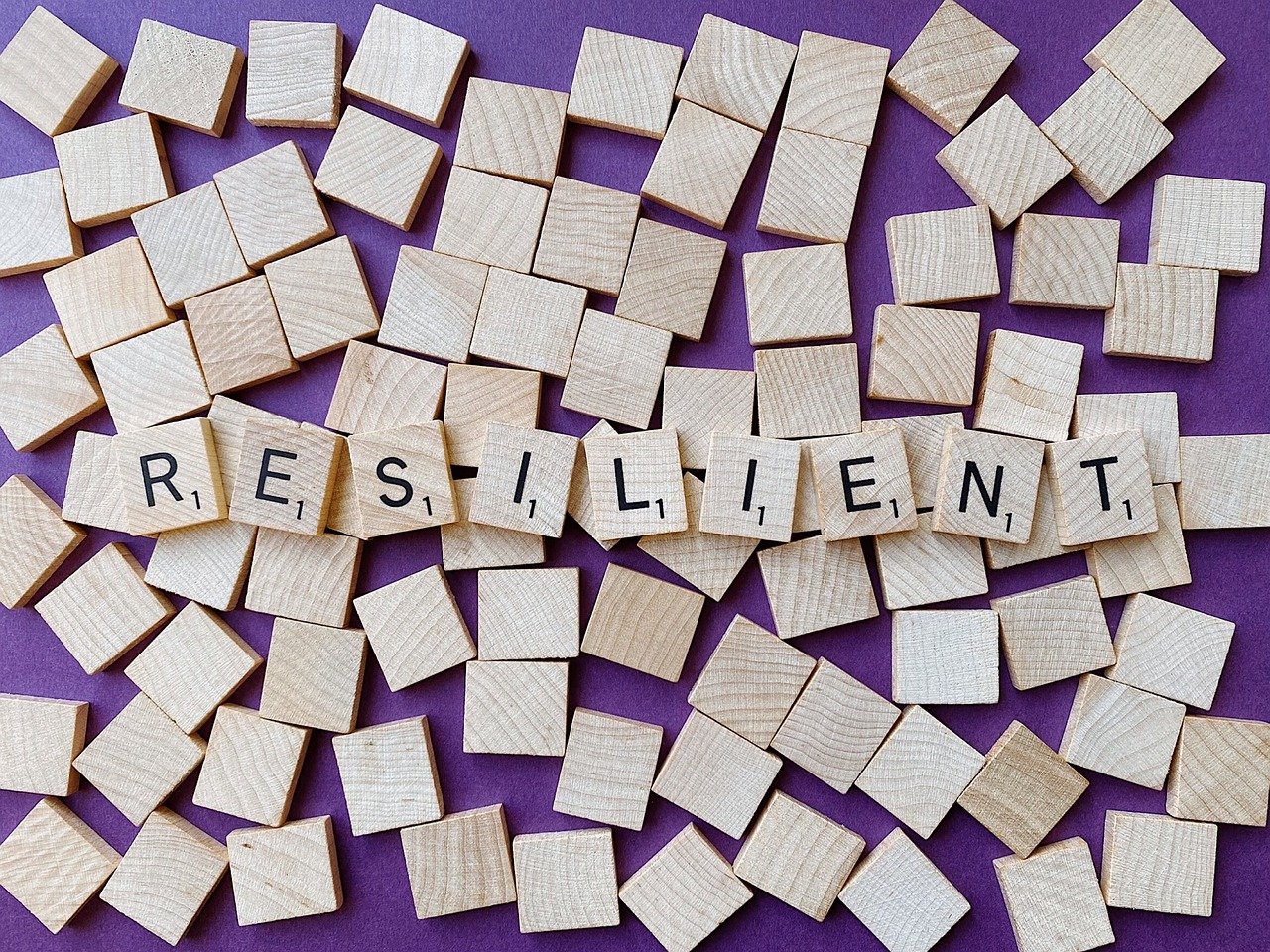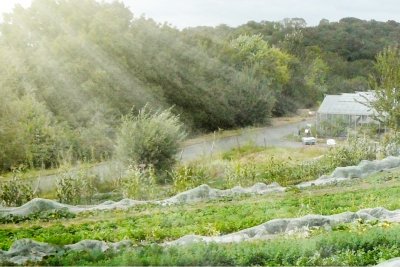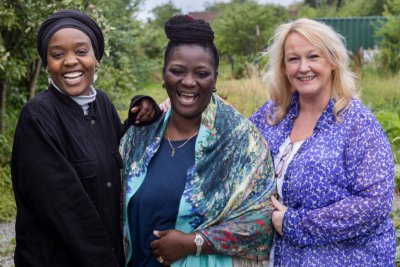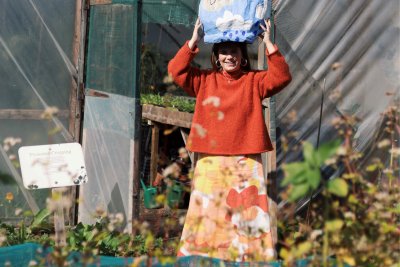How can patterns protect our personal resilience and boost our mental health?
Everyone is facing challenges in these difficult times, but to prevent burnout we mustn’t forget to look after ourselves. In our latest guest blog, resilience trainer, Peter Lefort, explores how we can use patterns in our daily routine to build our personal resilience and protect our mental health.

Here it is again, the word of the moment - resilience. Everyone has a different understanding of the word, but in this context I’m talking about personal resilience. Having strong personal resilience is essential for our ability to respond to shocks, yet, to build ours up we need to first understand what gives us resilience. We can explore the roots and fruits of our resilience to help with this, but we need more than a list of suggestions to make long-lasting change. We don’t go to bed late or forget to get outdoors because we don’t value our own resilience, we do these things because there are so many other demands on our time which we constantly have to juggle.
This is where patterns come in.
Our whole world is built around patterns, in how plants grow or how weather forms. Patterns are how nature reacts to its environment, and our individual lives are no different. But whereas patterns in the natural world have taken thousands of years to develop, many of our own patterns have only formed in the last hundred years or so, and are not necessarily having a positive impact on our wellbeing.
Think of the patterns that shape our working week, hours spent in front of a computer, or performing repetitive tasks, where human connection or space for nature can often be left behind. These patterns are built around efficiency, but the efficiency of our work and not of our wellbeing.
Patterns, in the natural world and in our society, are often invisible because we are so used to them. In order to understand and improve patterns, we have to take a step back and take the time to really look at them.
Patterns can be negative or positive, or sometimes neutral. But the best thing about patterns is that they can be changed. Positive patterns can, over time, become negative. But crucially, negative patterns can also become positive. Obstacles or barriers that can seem insurmountable at first can, when viewed as a larger pattern, become more achievable to overcome. Take sleep, for example; a common negative pattern can go like this:
- Go to bed late
- Use screens in bed
- Sleep badly
- Be persistently tired throughout the day
- Constantly feel behind in work
- Repeat
If we just think of this problem as being about sleep, it can feel overwhelming. But if we can step back and notice the patterns that have formed, it doesn’t take much to disrupt the pattern and start a more positive one in its place. For example:
- Go to bed at a regular time
- Don’t use screens in bed
- Sleep better
- Feel more energised
- Start getting consistent sleep
- Repeat
While patterns won’t change permanently overnight, they can be practiced over time, and offer a way to make meaningful change feel possible. Resilience is all about control, but the more we try to control things that we cannot, the less resilient we become. Patterns give us the chance to focus our control onto small, specific and tangible actions as a way to change larger systems. If we understand our own patterns, we can regain some control of our resilience.
Patterns can also help us accept imperfection. The whole point of patterns is that they are gradual, but powerful. If we try to make a complete change in one go, we have to get it completely right or it might not work. But if we focus instead on subtly shifting patterns, we can accept imperfection, and put our energy into slowly but surely improving things over time, and to recognise the small victories that will build up to powerful change.
Finally, patterns can offer hope. Hope is crucial to resilience, it can be the thing that makes us believe that we can change situations which might otherwise feel impossible. When we look at our behaviour as patterns, it can help us see not just what things might be like tomorrow, but what they might look like in weeks, or months, or years, if our positive patterns continue.
To practice this kind of thinking, here are some helpful questions you can ask yourself:
- What patterns have you noticed in your daily life? Are they positive or negative?
- What needs to happen for these patterns to change? Is it something you can do, or something you need from someone else?
- What are the first steps you can take in making a positive change to your patterns?
These patterns can be anything, it could be about starting a gratitude journal, or simply sharing gratitude with others more. It could be about writing or reading, to grow your imagination. Or reaching out to friends more regularly. Whatever it is, these patterns are everywhere, in us and in the world around us. Take a few minutes in the next couple of days to notice them - that is when change starts to happen.
Watch Peter's latest webinar for Food Power on this topic for more information and follow him on Twitter @peterlefort
Published Tuesday 2 February 2021
Food Poverty: Millions of people in the UK struggle to get enough to eat. We’re working to change that through people-powered projects and campaigns that tackle the root causes of food poverty and ensure everyone has dignified access to healthy, affordable food.





